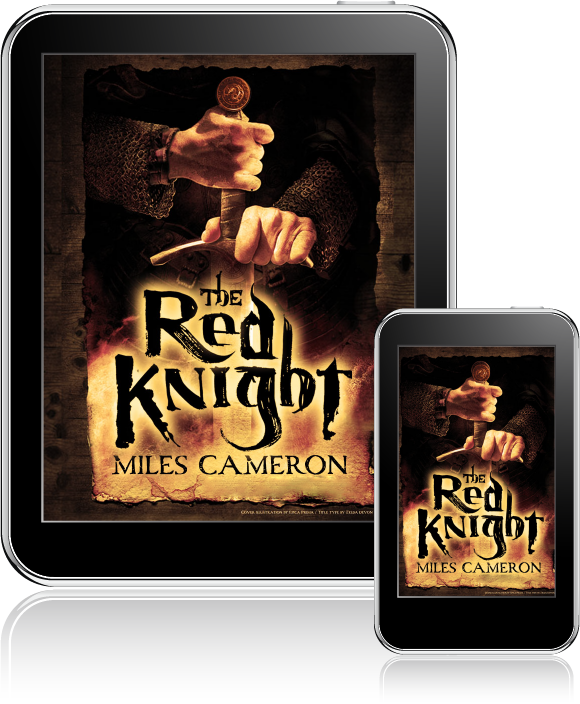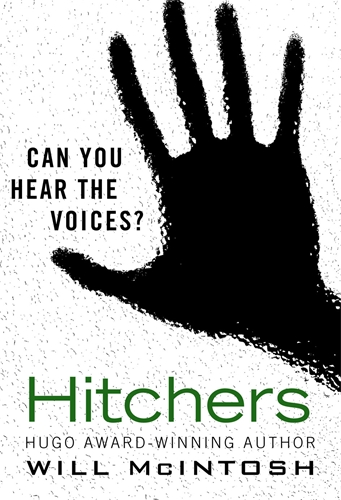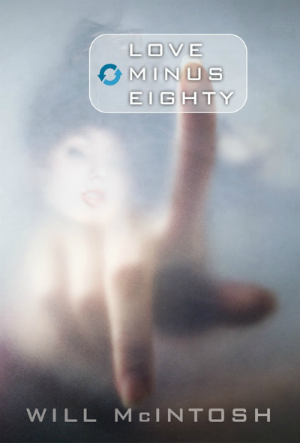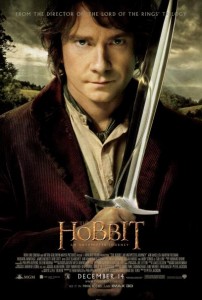The long-awaited day is almost here! In a few short hours, The Hobbit will be hitting the silver screen. To mark the occasion, we decided to ask several of our Orbit authors with recent and upcoming books what Tolkien’s The Hobbit has meant to them. We hope you’ll also share your own story in the comments below, and if any of you are going to the movie in costume, we’d love to see pictures!
…
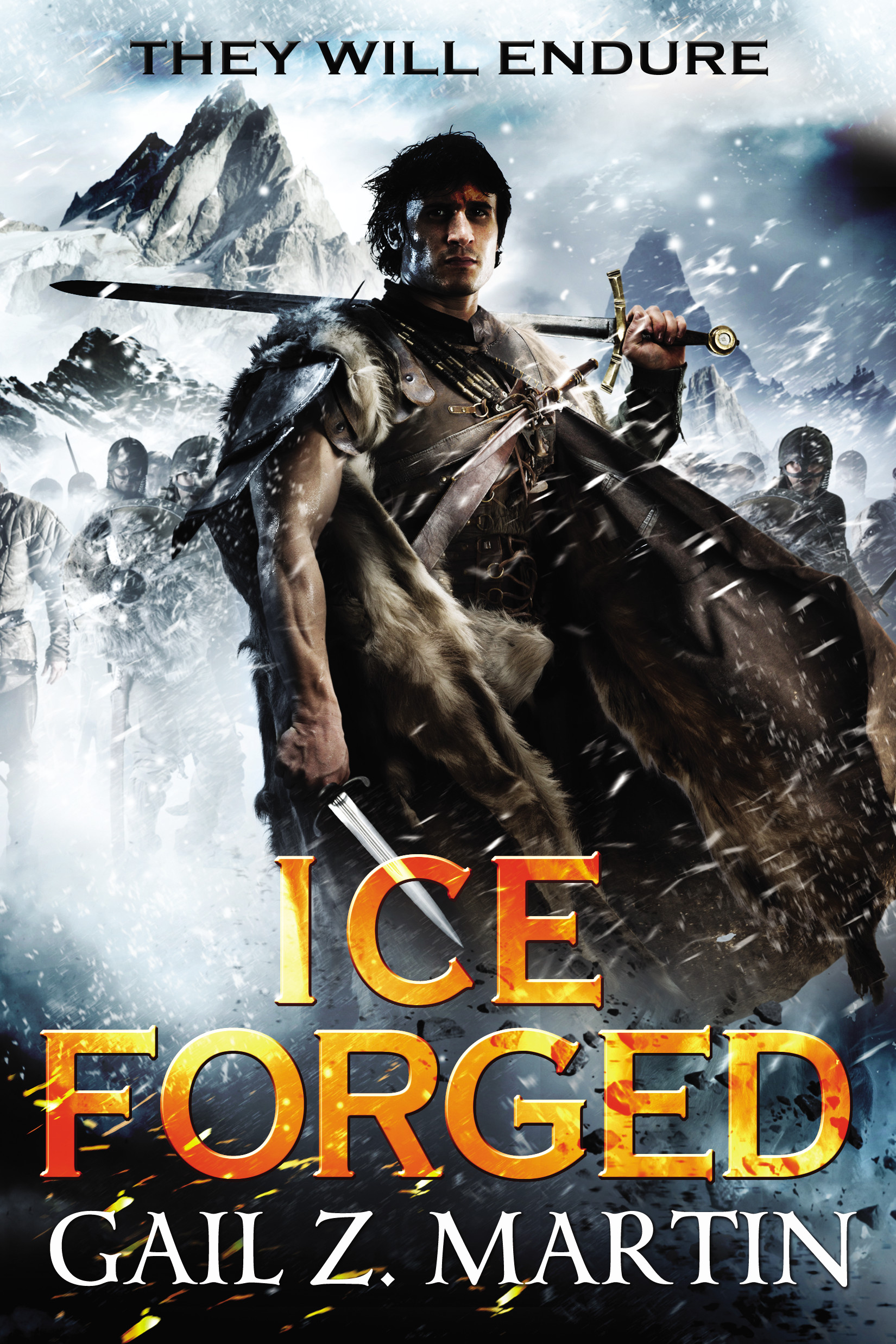
I was introduced to The Hobbit and to Lord of the Rings in high school by the same friend who got me into Dungeons and Dragons (gee, think there was a connection?). While I had been a Star Trek and Star Wars fan for a while, and had read a few sci-fi novels, I had never read anything with the scope of The Hobbit and LOTR. I was totally hooked, and I credit it with giving me another nudge toward growing up to write epic fantasy.
Gail Z. Martin, author of ICE FORGED (US | UK | AUS)
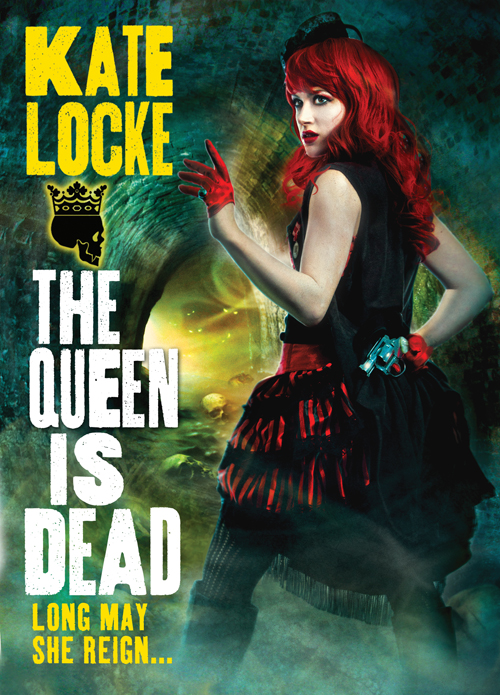
I have to admit a shameful secret — I was a late bloomer as far as Tolkien is concerned. While I knew of his work, I’d never read any of it until I was 25. I was introduced to the incredible world of Middle Earth by my then-boyfriend (whom I later had the good sense to marry), Steve. My older sister is a fantasy and science-fiction fan. Without her I don’t think I would have developed a love for either genre. She has in her possession, an illustrated, hard cover, gorgeous edition of The Hobbit that I … liberated from her library for a brief time. Steve couldn’t believe I’d never read it, so it then became a ‘thing’. Every night one of us would read The Hobbit to the other. Mostly he read to me, because he would comment on things characters did, make up voices, and basically make the entire experience wonderful because of his love for the story.
Now, 25 wasn’t yesterday, but there are things about The Hobbit that linger for me. As a small-town (I’m talking mud puddle small) girl, I instantly related to Bilbo. In fact, I’m pretty certain my maternal grandmother was a hobbit. Poor Bilbo was so outside his comfort zone, but he found so much courage inside himself. Who wouldn’t love such a character? Of course finding ‘the’ ring was a big moment in literary history, but I remember the trolls more than the ring. I remember loving the character Beorn, even though I can never remember his name. And despite having a deep-seated crush on Richard Armitage, I think I’d love Thorin no matter who played him, because his character was just so… great. Of course, who can forget meeting Gollum for the first time? In the end, The Hobbit is — literally and figuratively — all about the little guy taking on seemingly insurmountable problems to triumph at the end. But there’s a cost. There’s always a cost. I think what I took away from The Hobbit are two lessons I try to remember in my own writing — 1: It’s the journey, not the destination, and 2: Bittersweet endings are sometimes better than happy ones. Oh, and I guess there was a third as well, though it doesn’t apply to writing — second breakfast is the most important meal of the day. :-) Thank you, Mr. Tolkien.
Kate Locke, author of THE QUEEN IS DEAD (US | UK | AUS)
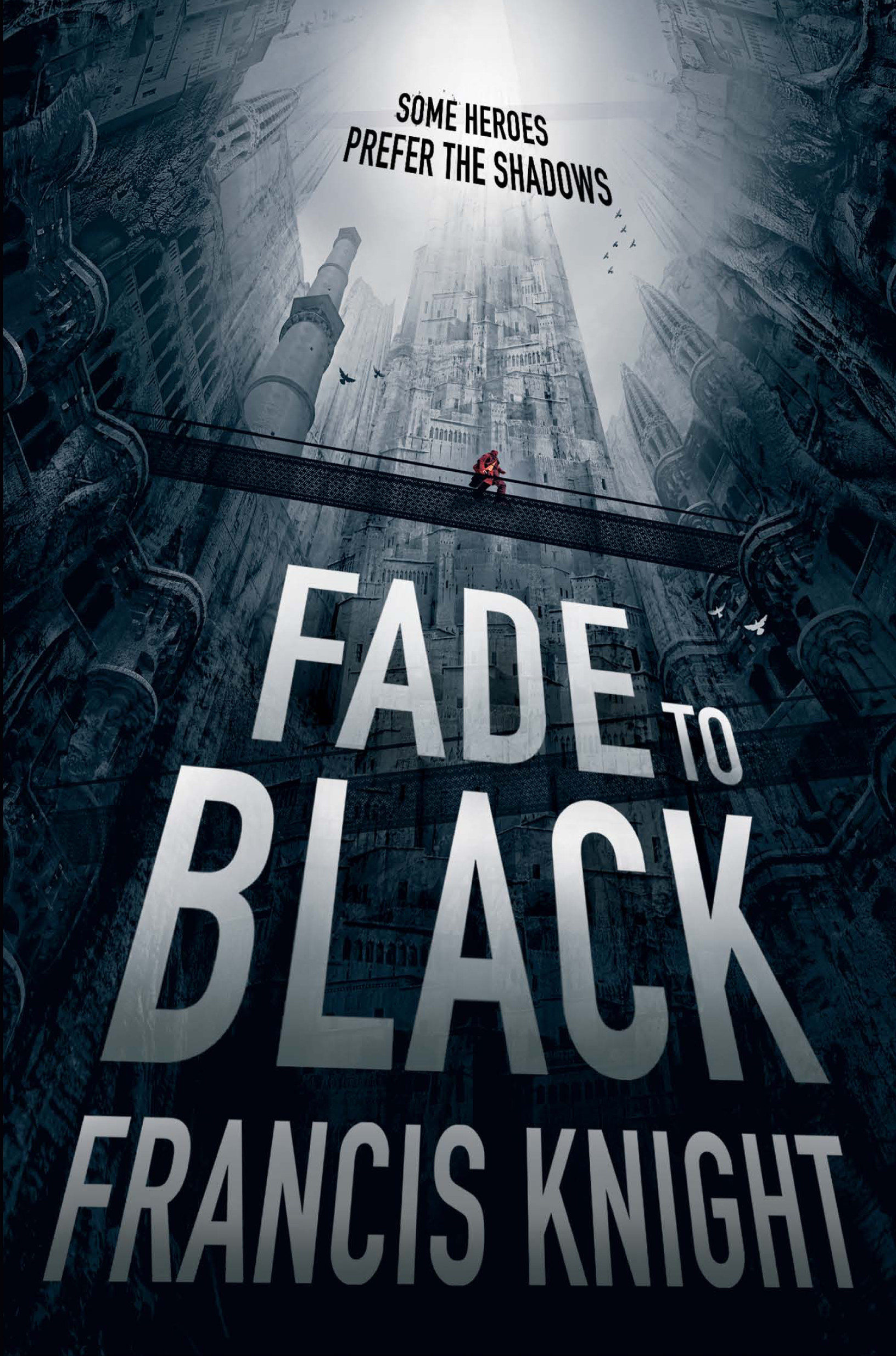
I can’t recall how or why I first picked up the Hobbit – I suspect one of my brothers left it lying around. I can recall how it inspired my son into reading voraciously, something he still does even now he’s a teen. It was the first proper book he’d ever read on his own, and it was that and the new and unexplored vistas that utterly captivated him.
For years afterwards, every book report that he could get away with was on the Hobbit. Every book he read was compared to it, and most often found wanting. He reads, I sometimes think, to try to rediscover that sudden realisation that the world is a different place, that things and people are strange. He reads because he wants to fall for a world, a story, the same way he did with Middle Earth. It was his first literary love.
As legacies go, I think that’s the best one to hope for – Bilbo and his friends inspired my son to read.
Francis Knight, author of FADE TO BLACK (US | UK | AUS)
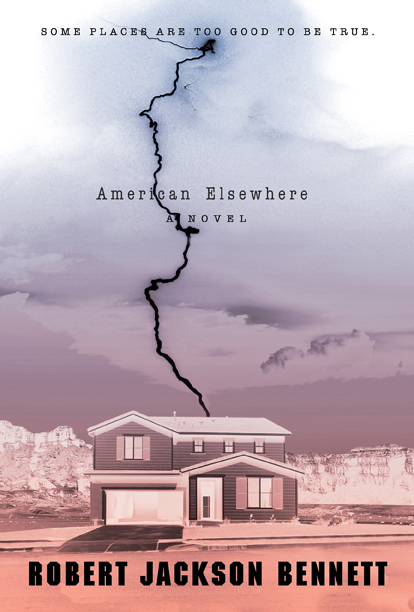
The Hobbit is, more or less, the distillation of the purest, deepest of wish of the child (or of any adult who still has a spark of curiosity smoldering away in them, for that matter): the wish that one day, while you’re bumbling through your silly little routine, adventure will walk right up your front path, knock upon your door, and refuse to be turned away.
When I first read the Hobbit, I yearned so much for the leafy, cool shadows of Middle Earth that one summer, in an attempt to recreate that world, I carried a hefty bag of wax myrtle seeds to my grandmother’s house – for she had a much bigger yard than ours – and planted them all over her property, as well as the piney properties of the people on either side of her. Wax myrtles, as it turns out, can be wildly invasive, so within several years the damn things were popping up everywhere; but by then, unfortunately, I was a bit too old to enjoy them properly. I still hope that some child may come along, rest in their shade, and feel, for an instant, a bit more hobbity than before.
Robert Jackson Bennett, author of AMERICAN ELSEWHERE (US | UK | AUS)
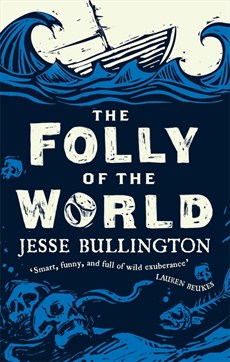
In a word, what The Hobbit means to me is Fantasy, with a capital F, for the same reason that The Hitchhiker’s Guide to the Galaxy means Science Fiction in Bullingtonese—my parents had book-on-tape versions of those two novels when I was a kid, and long before I even understood most of what was going on in the stories, I adored the broad strokes and general cadence of the narratives. The Hobbit was actually a radio play version produced by the Mind’s Eye in the late seventies, and to this day I can’t talk about the book without imitating some of the silly voices that imprinted the text on my young brain.
When I was older and read the book on my own I was delighted to discover all the content which had been abridged from the radio play, but my progression to The Lord of the Rings was not met with the same enthusiasm—I found it a colder, less-engaging read. Although with age I’ve grown to appreciate a lot about the trilogy, its epic, fate-of-the-world action and dully black-and-white ethics can’t hold a light of Earendil to The Hobbit’s comparatively small-scale adventures and petty moral dilemmas, at least for this particular Sackville scribe. Like many of my peers, I owe a great debt to Tolkien; he still has a lot to teach, both by his strengths and his failings, and The Hobbit is the text of his that keeps pulling me back, even after all this time, and always with a smile on my face.
Jesse Bullington, author of THE FOLLY OF THE WORLD (US | UK | AUS), available now
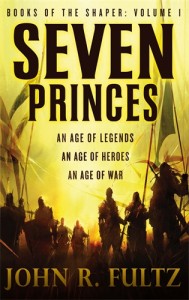 There’s a lot to love about John F. Fultz’s SEVEN PRINCES (UK | US | ANZ) which we published earlier this year, not least its impressively epic nature (io9.com certainly felt the same way – “It’s epic with a capital EPIC” they said in their excellent review). But one of the things we loved most about it are the terrifying monsters.
There’s a lot to love about John F. Fultz’s SEVEN PRINCES (UK | US | ANZ) which we published earlier this year, not least its impressively epic nature (io9.com certainly felt the same way – “It’s epic with a capital EPIC” they said in their excellent review). But one of the things we loved most about it are the terrifying monsters.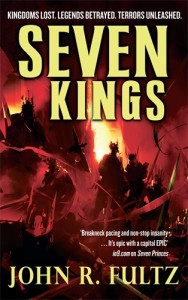 so we put together a list of some of our favourites!
so we put together a list of some of our favourites!
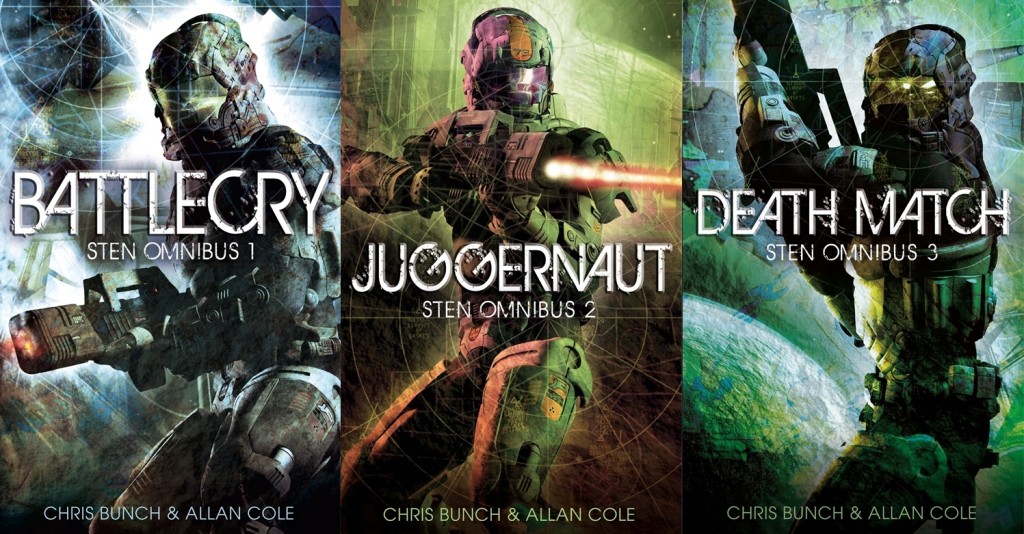
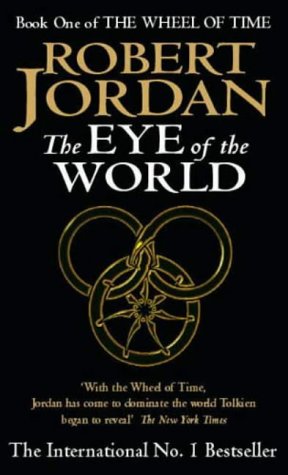

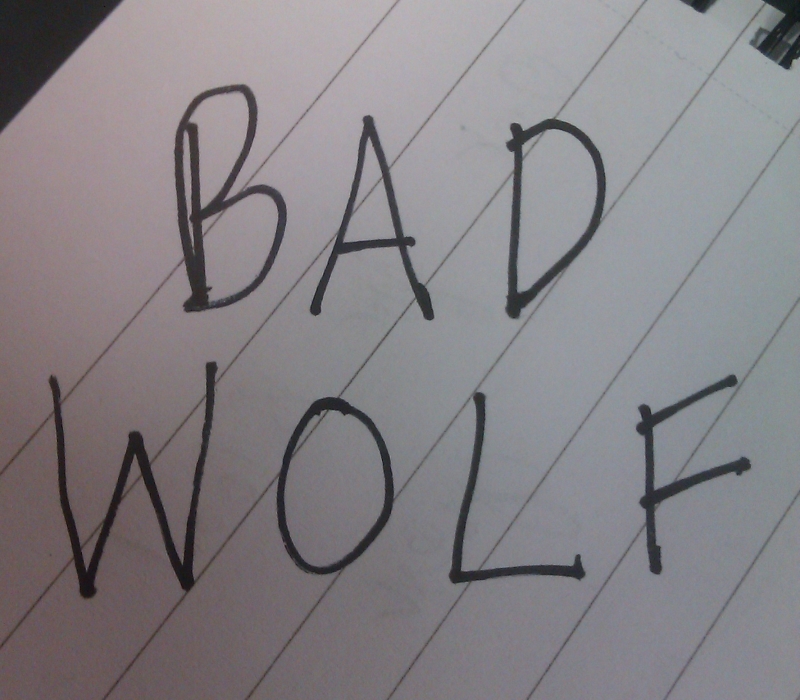

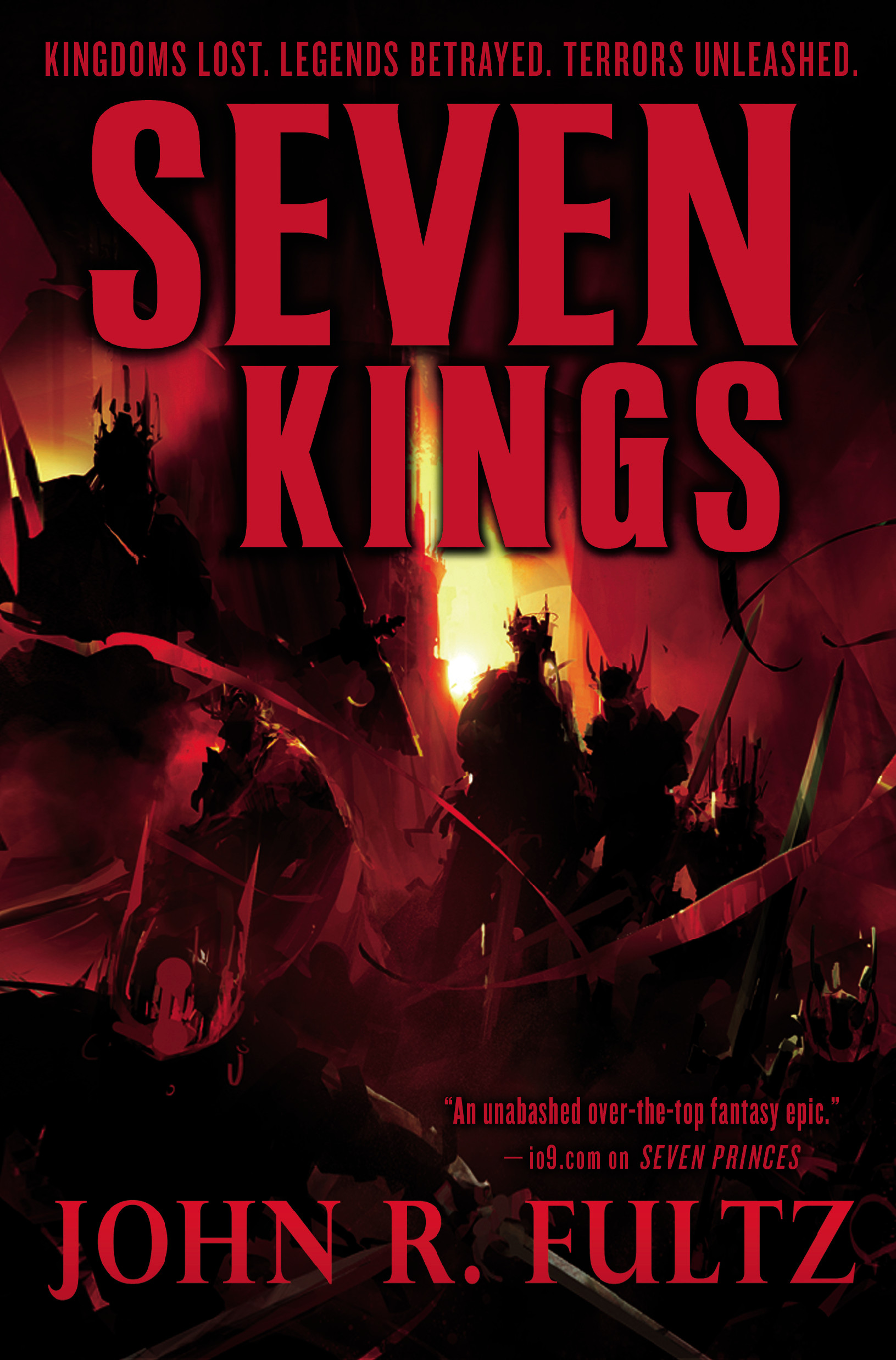 Read Chapter One of SEVEN KINGS (
Read Chapter One of SEVEN KINGS (